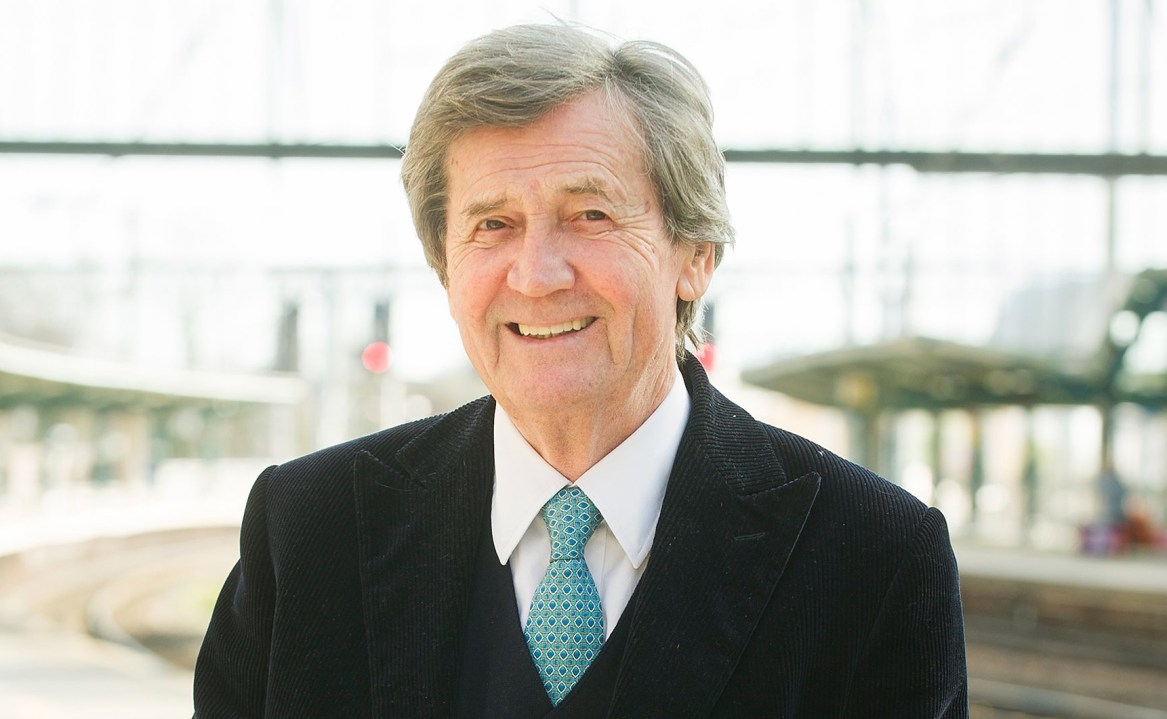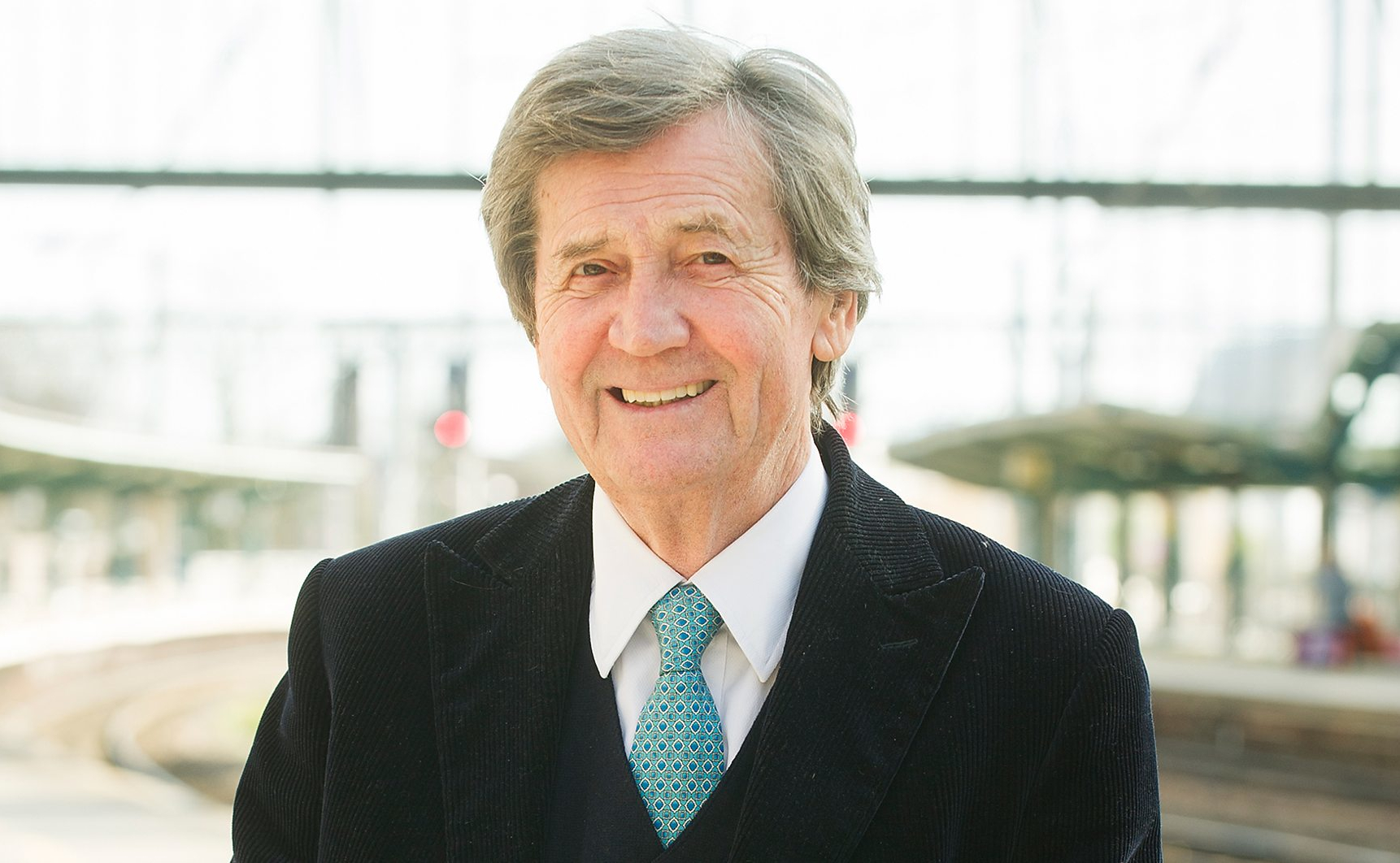The education system may produce ignoramuses (my daughter finished school in June, never having been taught a thing about Napoleon, the French Revolution, Julius Caesar, the Industrial Revolution, or any basic geography), but there was solace out there for the unlearned and undereducated: they could always listen to In Our Time, Melvyn Bragg’s radio exploration of fabulously random assorted subjects with three (formerly two) specialists in the field. Bragg has announced today he is stepping down from the show, which he has hosted since it was created in 1998.
In Our Time might nowadays be considered highbrow, but it’s not really; it’s just a civilised discussion on the subjects that any well-rounded person might be interested in
In Our Time’s themes were mediated by a presenter who is both a natural communicator and naturally curious. They ranged from Aristotle (ethics) to Zenobia, dragons to hypnosis, slime moulds to the electron – there are over a thousand episodes – and Melvyn addressed them all with the same unruffled gusto. Nothing seemed beyond him, not physics (Grand Unified Theory), not the planet Mercury, not superconductivity, though on the really abstruse stuff he would take the discussion as far as he could and allow the panellists to take over from him.
He is, in short, that old fashioned creature, a polymath, in an age of specialists. That lecture by C. P. Snow in 1959, ‘The Two Cultures and the Scientific Revolution’, about the gulf between the artsy people and the scientists was confounded by Melvyn, who, though an arts man himself, took the view that any subject was accessible to an intelligent person who asked obvious questions. He didn’t let the specialists get away with jargon or needless complexity and he asked the sort of questions that we might all ask, if we weren’t too ashamed of looking ignorant. He was there for the autodidacts, those people who might not have had the benefit of further education, but who are, nonetheless, curious, interested and willing to learn.
In Our Time is like sitting in on a university lecture for beginners, only with the best people addressing any subject. Obviously, some episodes were better than others (the one on relativism in which a vapid Scottish academic had a go at Pope Benedict for being anti-gay wasn’t the greatest) but at its best (Diarmaid MacCulloch and Eamon Duffy on Erasmus, for instance) the programme left your feeling that you knew enough about the subject to talk about it. And given that there are now so many holes in the education of even graduates, this is the BBC’s service to the education of the nation, the perfect way to fill in the gaps.
Bragg himself is a product of the old order whereby a boy from an ordinary background – his parents owned a pub in Wigton – could, through the meritocratic grammar school system, end up in Oxford, running rings round the expensively educated.
Naturally Melvyn had his favourite contributors – my friend Angie Hobbs, the philosopher, for one – and he always included women in the programme, regardless of the subject. He is more at home with the classics, religion and humanities generally than with the sciences, but he’s up for the lot. The programme might nowadays be considered highbrow, but it’s not really; it’s just a civilised discussion on the subjects that any well-rounded person might be interested in. But intelligent programming of that kind is vanishingly rare in the BBC now or anywhere in broadcasting; the South Bank Show which he presented for LWT doesn’t really have an equivalent today. And do I need to go on about the dumbing down of Radio 3, once the home of presenters like Cormac Rigby, and now plugging music to relax with, like Classic FM? Melvyn Bragg is the antithesis of all that. And once he goes, there’s not much of that kind of programming left. Fortunately he’ll still be broadcasting, just not on the programme that educated so many of us. Thank you, Melvyn.









Comments